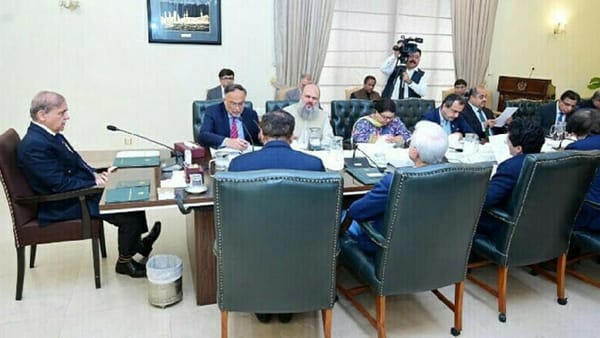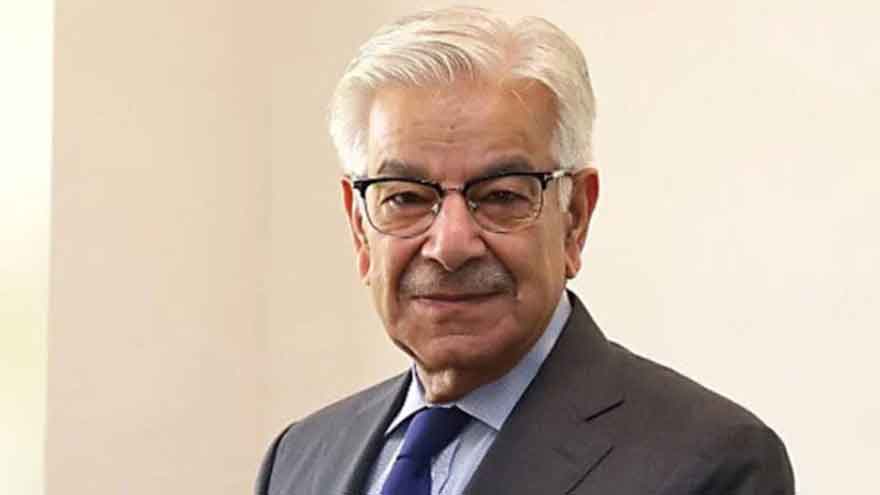Free Media in 1971 Could Have Prevented Pakistan's Division: Justice Athar Minullah
ISLAMABAD, Supreme Court Judge Justice Athar Minullah asserted that had the media been free in 1971, Pakistan might have avoided its disintegration. Speaking at a workshop focused on training journalists covering the Supreme Court, supported by the Pakistan Bar, Supreme Court Bar, and the Press Association of the Supreme Court, Justice Minullah emphasized the role of independent media in constructive criticism and reform.
Addressing the gathering, Justice Athar Minullah highlighted that as judges, they cannot conceal any judgments or information, and constructive criticism is essential for improvement. He delineated two types of criticism on the judiciary, acknowledging that decisions, whether intentional or unintentional, are subject to scrutiny. He urged judges not to fear criticism and to make decisions fearlessly, adhering to the constitution and the law.
Justice Minullah emphasized that judges, being public figures, should not exert influence over court reporters. He underscored the importance of truth and expressed the belief that, regardless of misinformation, truth prevails. The judge remarked that a free media in 1971 could have prevented Pakistan's division, emphasizing the need for honest reporting to unite the nation and prevent leadership disputes.
Regarding the Eighteenth Amendment, Justice Athar Minullah acknowledged opposition forces and stressed the judge's independence from social media influence. He championed the right to freedom of opinion, cautioning against suppressing expressions. Justice Minullah acknowledged the impact of past dictatorships on stifling expression and emphasized the irreversible flow of information in today's world.




